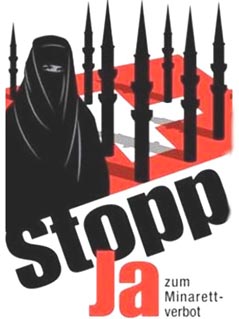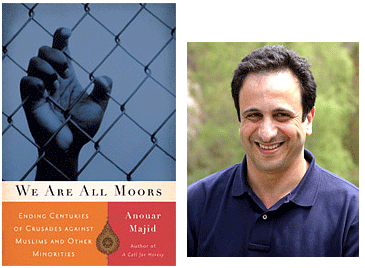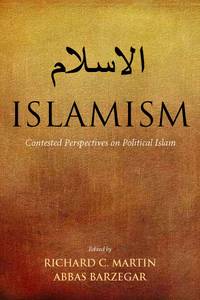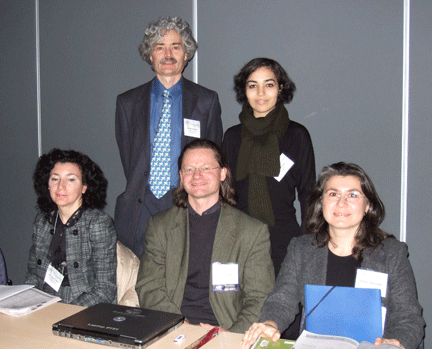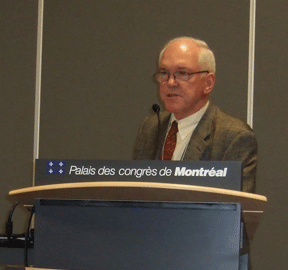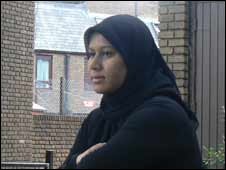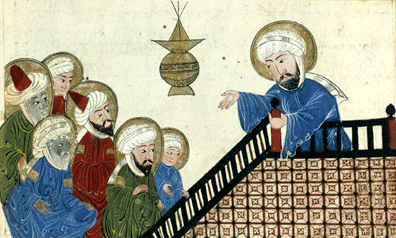
My compatriots’ vote to ban minarets is fuelled by fear
by Tariq Ramadan, The Guardian, 29 November 2009
It wasn’t meant to go this way. For months we had been told that the efforts to ban the construction of minarets in Switzerland were doomed. The last surveys suggested around 34% of the Swiss population would vote for this shocking initiative. Last Friday, in a meeting organised in Lausanne, more than 800 students, professors and citizens were in no doubt that the referendum would see the motion rejected, and instead were focused on how to turn this silly initiative into a more positive future.
Today that confidence was shattered, as 57% of the Swiss population did as the Union Démocratique du Centre (UDC) had urged them to – a worrying sign that this populist party may be closest to the people’s fears and expectations. For the first time since 1893 an initiative that singles out one community, with a clear discriminatory essence, has been approved in Switzerland. One can hope that the ban will be rejected at the European level, but that makes the result no less alarming. What is happening in Switzerland, the land of my birth? Continue reading Fear of Minarets
